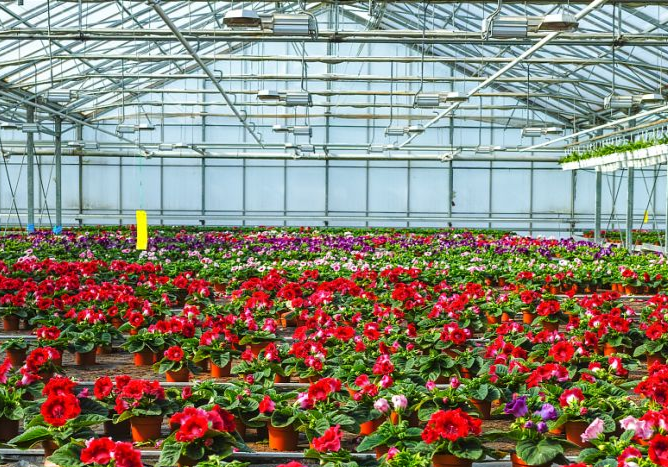The Application and True Value of Greenhouses in Modern Agriculture
09/19/2025
Hongqiangsheng
With the continuous development of modern agriculture, greenhouses have been widely adopted across the globe. They are not only essential facilities for agricultural production but also an effective means of achieving efficient and sustainable cultivation.
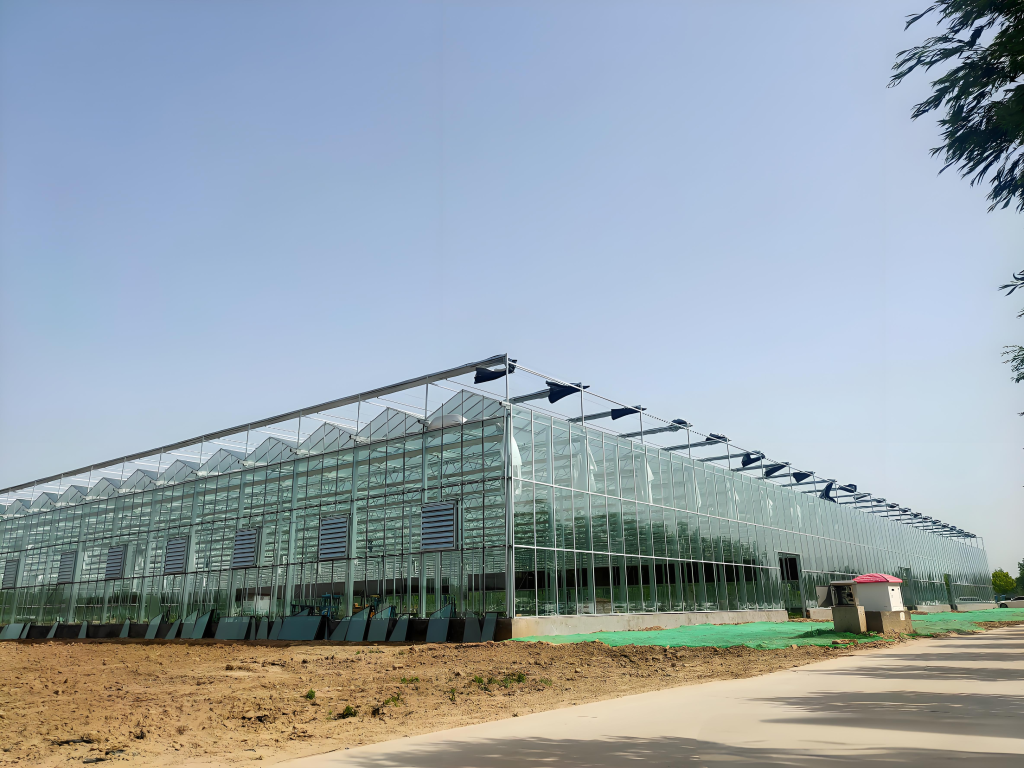
A greenhouse is an agricultural facility that can regulate temperature, humidity, light, and ventilation. By covering the structure with transparent materials such as glass, polycarbonate panels, or plastic film, greenhouses provide crops with a stable growing environment, protecting them from harsh external weather conditions.
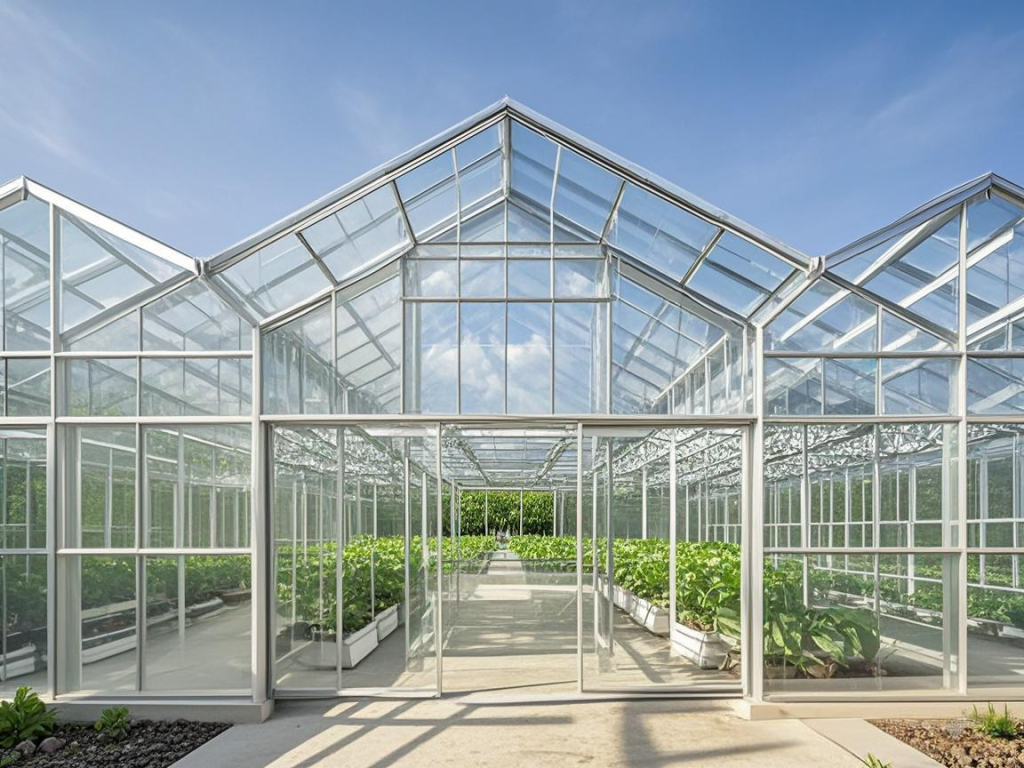
- Key Advantages of Greenhouses
Extended Growing Seasons: Break through natural seasonal limits to achieve year-round or off-season production.
Increased Yield and Quality: Controlled environments ensure balanced nutrition and healthier plant growth.
Efficient Land Use: Vertical and high-density cultivation makes better use of limited land resources.
Strong Risk Resistance: Whether in cold, drought, or heavy rainfall, greenhouses effectively safeguard crops.
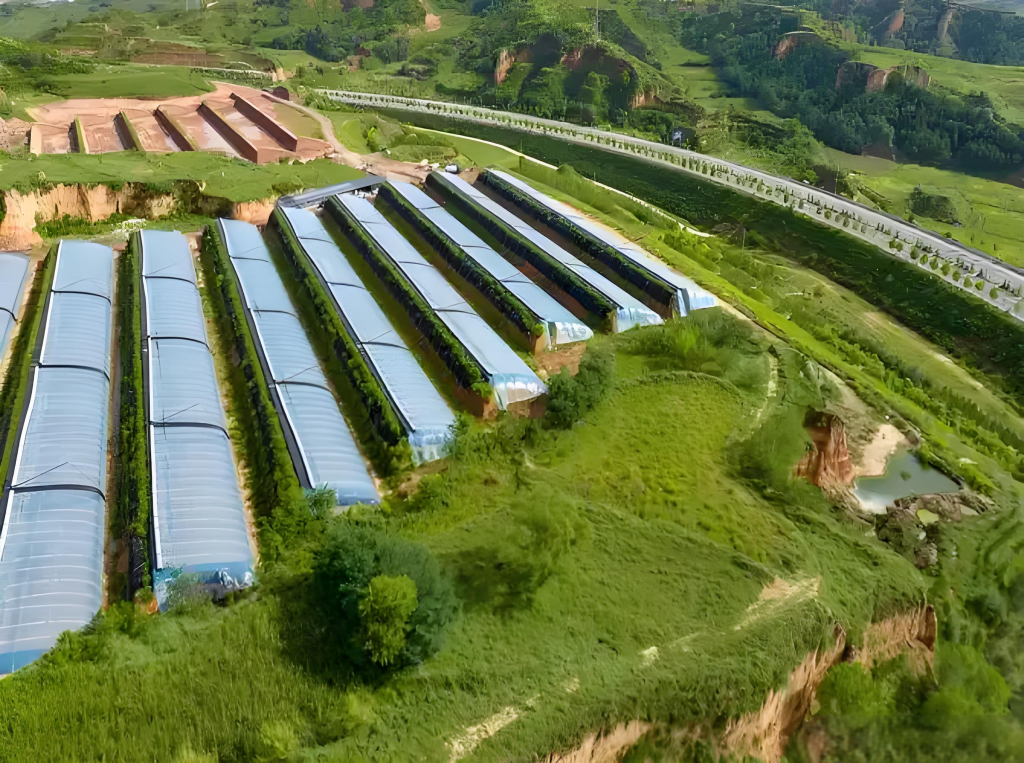
- Common Types of Greenhouses
Glass Greenhouses: Excellent light transmission and long lifespan, suitable for research and high-value crops.
Polycarbonate Greenhouses: Superior insulation and strength, often used in modern agricultural parks.
Film Greenhouses: Cost-effective and flexible, ideal for large-scale applications.
Smart Greenhouses: Equipped with automated systems for climate control, irrigation, and fertigation.
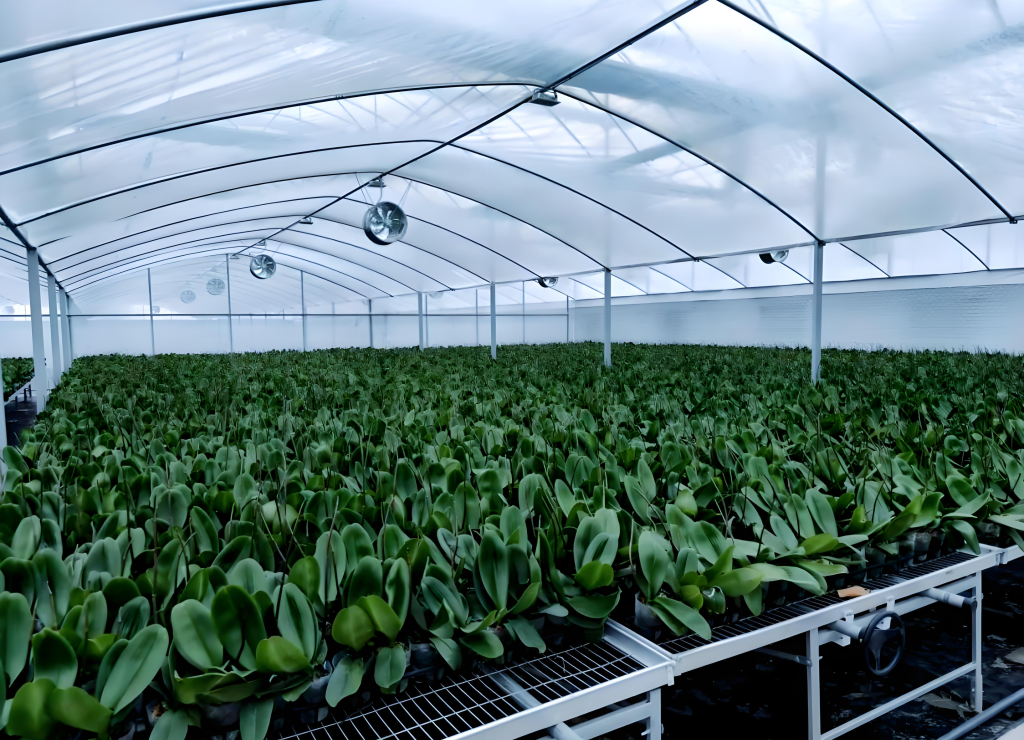
- Applications of Greenhouses
Greenhouses are widely used for growing vegetables, fruits, and flowers, as well as for seedling nurseries, aquaculture, and scientific research. In urban agriculture and agri-tourism, they also serve as showcases of modern agricultural development.
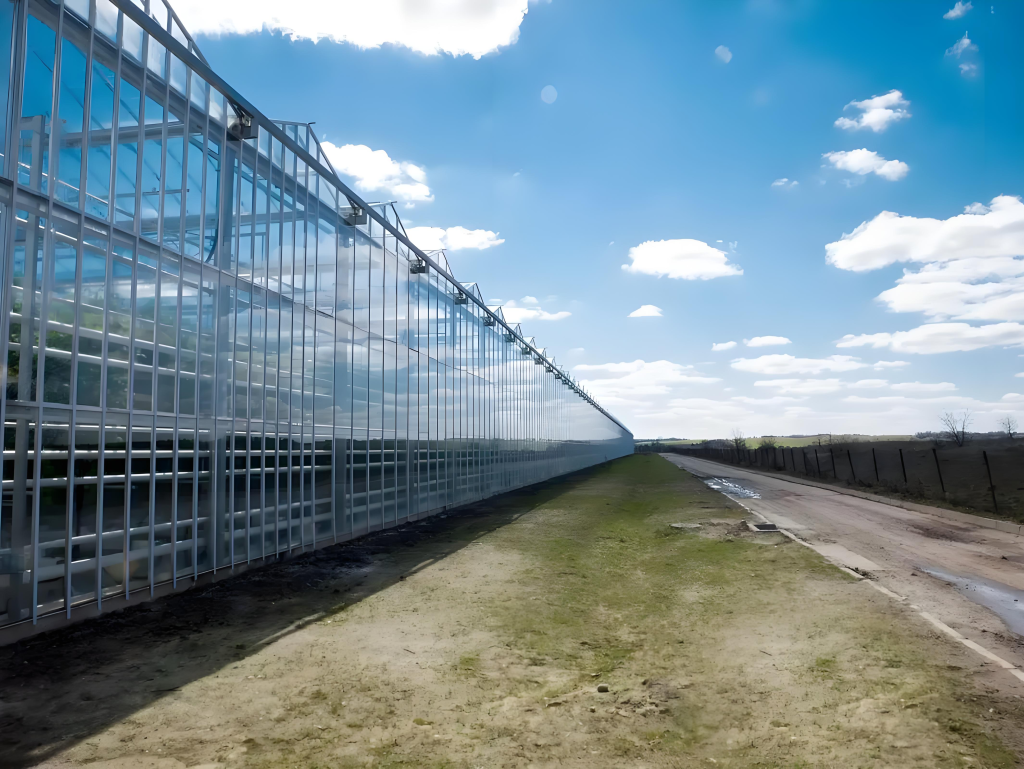
- Future Development Trends
With technological advancements, greenhouses are moving toward intelligent, eco-friendly, and energy-efficient designs. For example:
Remote monitoring and management through the Internet of Things (IoT).
Adoption of renewable energy sources such as solar power to reduce energy consumption.
Integration of big data and artificial intelligence for more precise agricultural production.
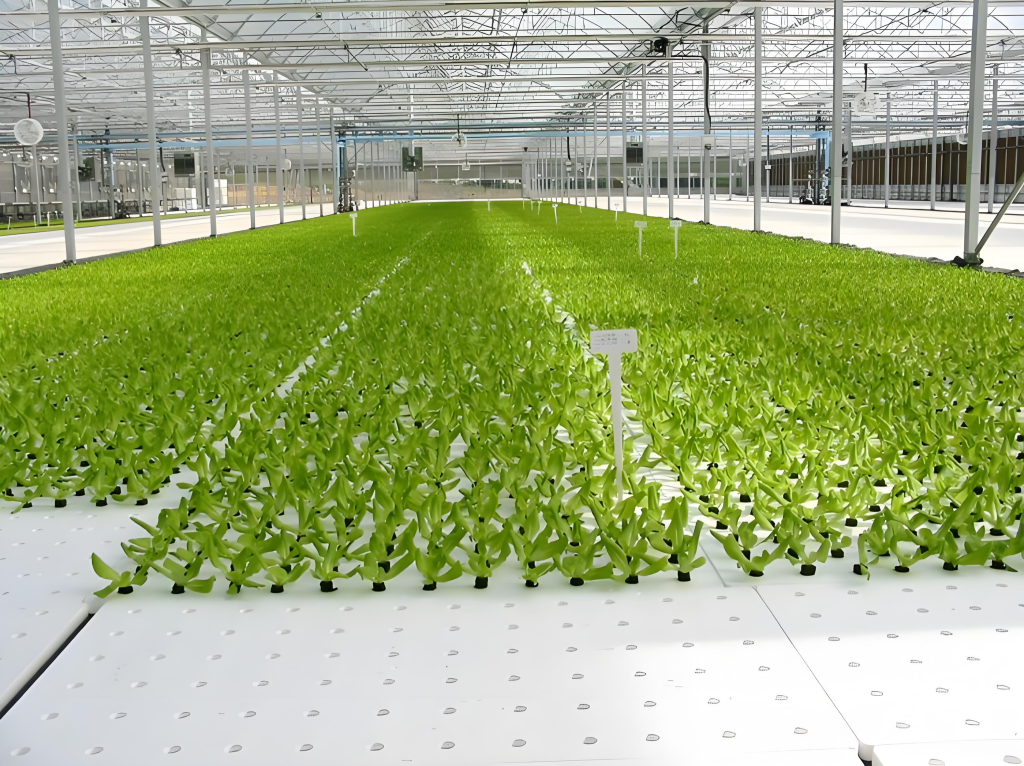
Greenhouses not only improve crop yield and quality but also drive modern agriculture toward greater efficiency, intelligence, and sustainability. Whether in traditional farming or future smart agriculture, greenhouses will continue to play an indispensable role.


